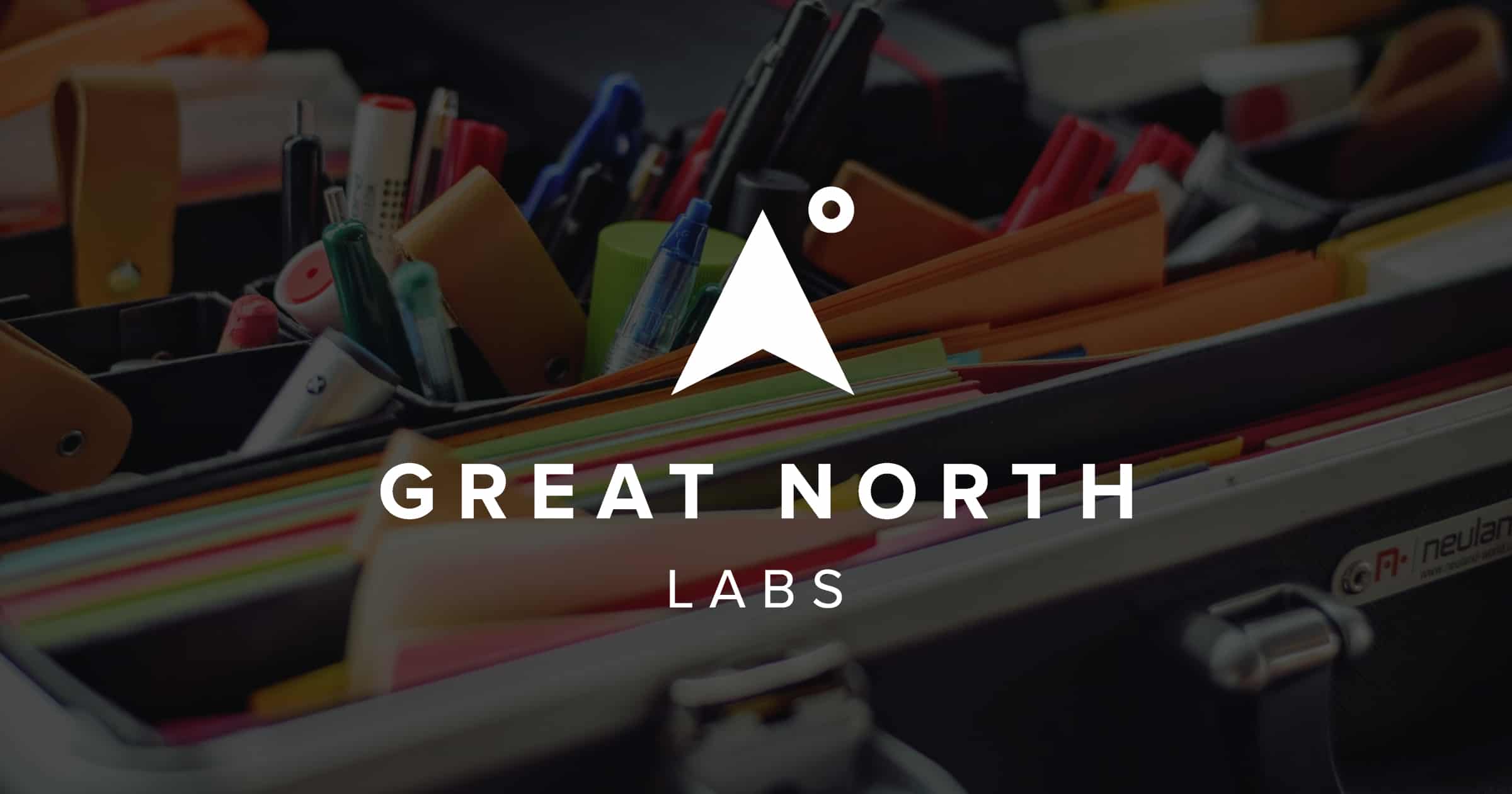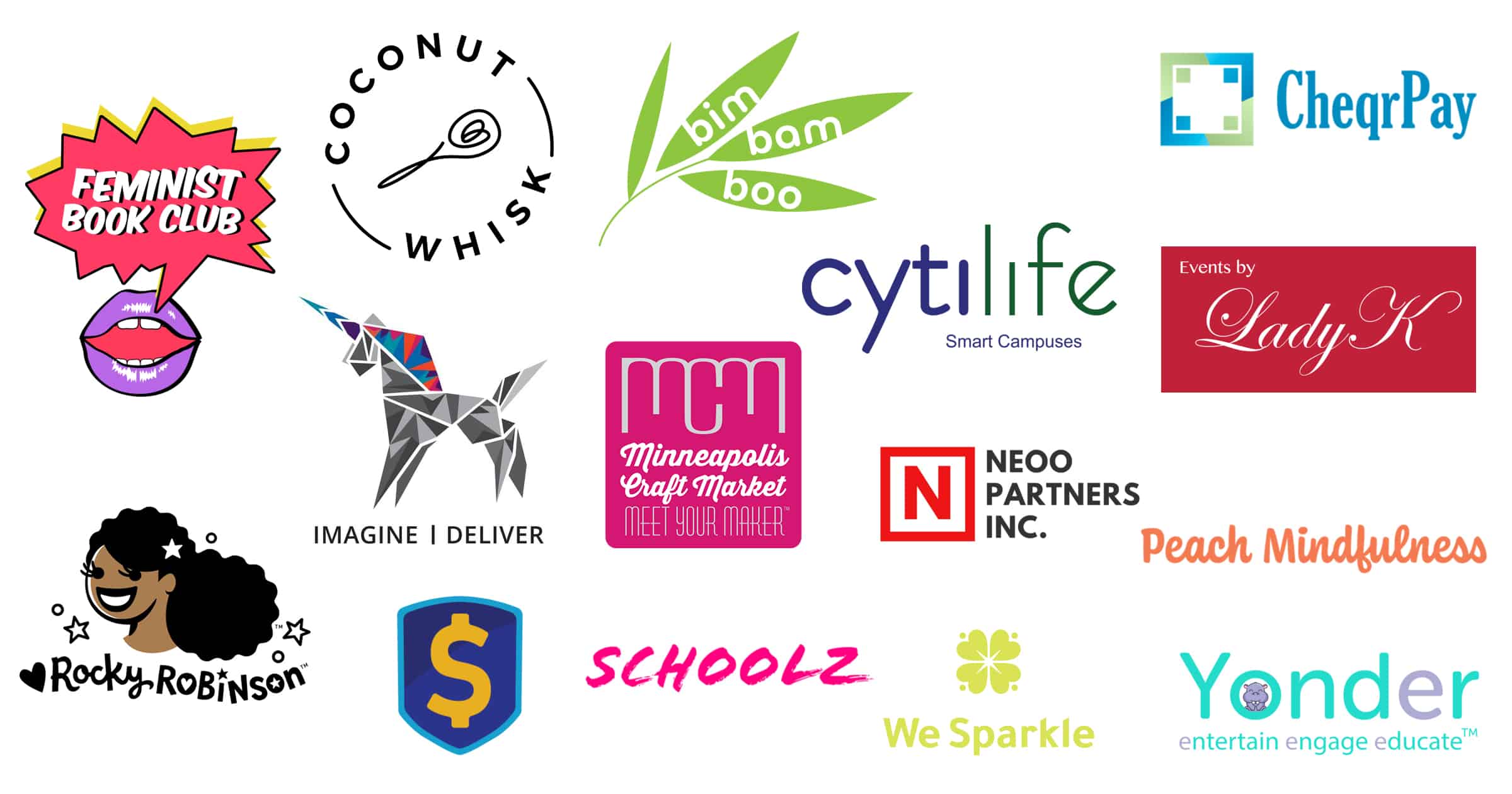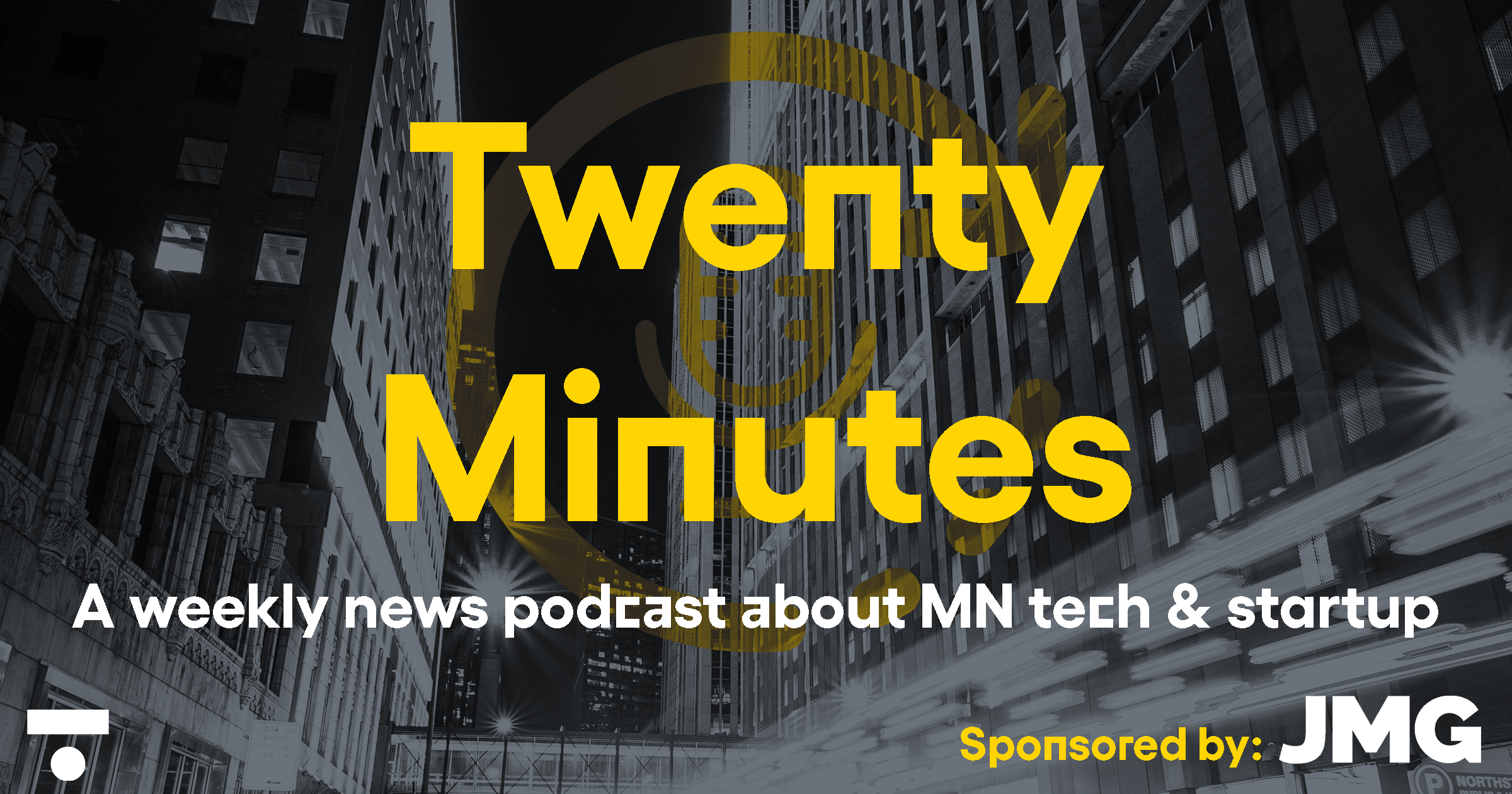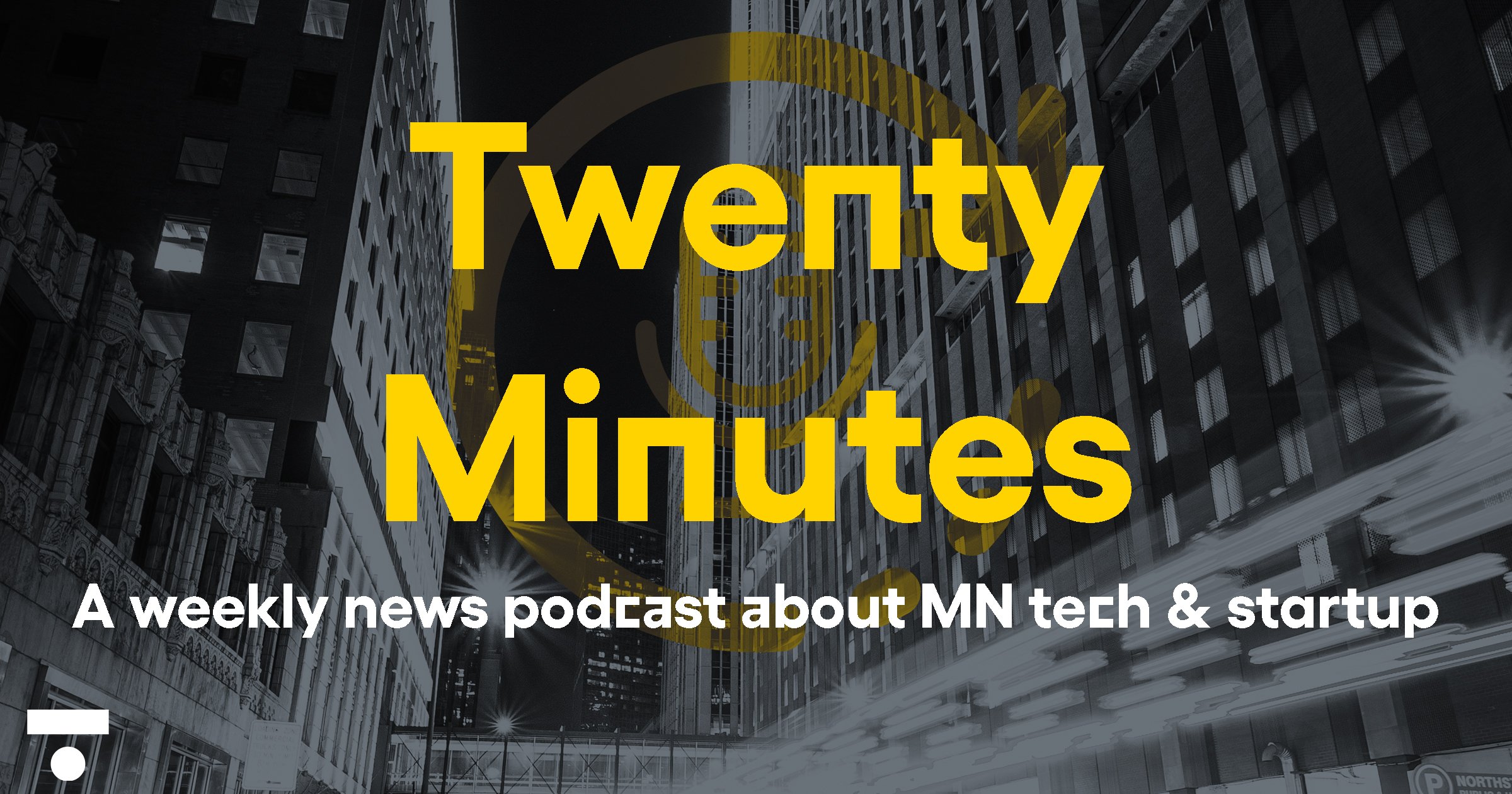 The Greater MN Startup School Initiative from Great North Labs, ILT Academy, Red Wing Ignite, E1 Ecosystem Builders, and MN DEED is primed to bring startup and entrepreneur education to Red Wing and St. Cloud in just days. Hot off the news of the new program, we caught up with Ryan Weber, Managing Partner at Great North Labs, to talk about what it takes to bring a startup school to Greater Minnesota, possible expansion of the program, and the importance of connection in the startup ecosystem.
The Greater MN Startup School Initiative from Great North Labs, ILT Academy, Red Wing Ignite, E1 Ecosystem Builders, and MN DEED is primed to bring startup and entrepreneur education to Red Wing and St. Cloud in just days. Hot off the news of the new program, we caught up with Ryan Weber, Managing Partner at Great North Labs, to talk about what it takes to bring a startup school to Greater Minnesota, possible expansion of the program, and the importance of connection in the startup ecosystem.
tech.mn: What is it about the startup scene in greater Minnesota that isn’t allowing it to have the success its metropolitan counterparts are seeing?
Ryan Weber: There are a lot of different markets in greater Minnesota, and each one has strengths and weaknesses. If you look at the relative number of companies getting initial venture funding compared to population in our next tier cities such as St. Cloud, Rochester, Mankato, and Duluth, it’s quite low in comparison to the Twin Cities. St. Cloud, Mankato, and Duluth metro areas have 0% to 50% of the efficiency in startup formation. Rochester is outperforming the Twin Cities; it’s nearly all driven by healthcare startups to no surprise.
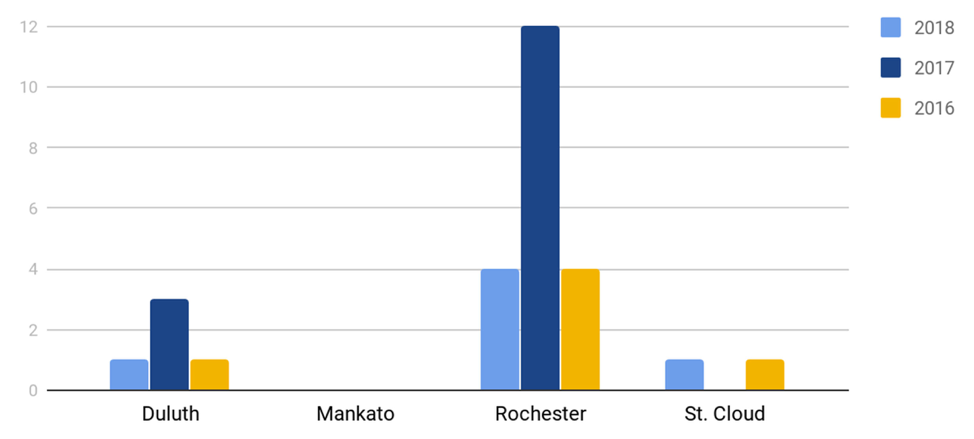 Source: Pitchbook
Source: Pitchbook
And it’s not low consistently across all other smaller markets in the upper Midwest. The first venture financings are a lagging indicator. Those in the community get a sense that we don’t have enough shots on goal. There’s a playbook that a lot of people are following for developing the programming to support startups. If you look at greater-St. Cloud, we don’t have a common space for startups such as a coworking space, there was no efficient method for investors or mentors to connect to startups such as a startup accelerator, and we didn’t have a regular event for entrepreneurs to interact such as 1 Million Cups. These programs have all started in the past year or are in the works for this year based on a strong community and Launch MN support.
In the end, startups are about people. The community represents a network and it needs to efficiently deployed to provide the ignition that startups need to take off. These programs are like a biological system that ensure the startup community can grow, mutate, and evolve with the mixing and remixing ideas and resources.
I think the other gap is in education. There are a lot of different ways of practicing entrepreneurship, but there are things that can be taught around Design Thinking and Lean Startups. Things that can help you come up with scalable ideas, estimating the potential of an idea, validating the idea through customer discovery, how you can communicate it, and what you can charge for it.
The Twin Cities has done a good job recently in closing that gap, but there’s still a gap compared to widespread understanding of these processes in Silicon Valley.
I think part of the reason we have these gaps in Greater Minnesota compared to other smaller markets in neighboring states is their relative size to the Twin Cities. It feels like the Twin Cities has historically sucked the oxygen out of the ecosystem in the state. The partners in our programming all aim to close these gaps.
tech.mn: Speaking about education being an important factor of this is the program, is the program geared toward people who are familiar with the startup scene or is it geared toward someone who doesn’t have any experience? What’s the minimum level of knowledge about the business realm that people need to have going into this to get the most out of it?
RW: If you look at [the program], there are three different modules online in the blog post. We start out with a broad funnel and pretty much take anybody interested. We want them to get engaged and learn about the program. As you progress at different stages, there are going to be requirements to continue on, but in the beginning it’s a very wide funnel. People who are interested don’t have to have an idea. They don’t have to have any skills going into it. We’re training people on the skills they need to come up with an idea, and to develop it into a validated, scale able startup thesis.
As we work through the process, there will be certain expectations of in terms of developing your initial concept into an idea and estimating its potential. You’ll have to have completed each stage to move on to the next.
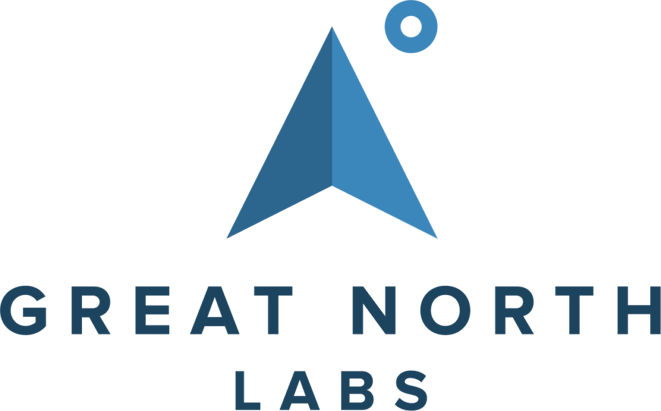
tech.mn: Is there a different approach you’re taking for the Greater Minnesota startup school initiative than other projects? Have you talked internally at all about taking a different angle with these different markets?
RW: Yeah, it’s different. Initially we were doing our workshops in St. Cloud and the Twin Cities.
We had three different workshops. I was teaching two of them and we had someone teaching the other one. We did one on digital transformation, one on Lean Startups, and one on Agile. They included a lecture and an applied exercise, like lab time, that was part of those workshops.
But for myself, there’s a limit to how many workshops I could reach and on where I could be to teach these skills. There are many more people in these communities that are supporting startups. So, the idea with this reboot was to bring a program that gets faculty members that are competent in the skills needed to teach a common curriculum — train the trainers. We’ve added an online component to the workshops now too so that the theory can be completed online and most of the class time can be focused on applying the theory to your own startup.
The other part of that is bringing in partners that can help with getting the word out about the program so there’s greater participation and then people in the communities that have an interest in mentoring entrepreneurs to establish those relationships and connect them.
There’s actually a very giving culture in Minnesota, and I think it’s even more profound in smaller markets. People want to help their neighbor.
But we just haven’t had the programming that really took all these different constituents supporting entrepreneurs (like small-business development centers and econ development groups) in tech and worked together to get companies through the stages so we can see more venture-type companies get started. Not only get started but get more of them to a stage where we think angel investors should want to invest.
It only takes about 10 weeks to go from a high-level concept to a validated thesis on average. You have to go through a process of coming up with a new idea and then going through the study or the validation and research phase. That’s not capital intensive. It’s just a single person with a skill going through the process. The problem is most people don’t go about it in a disciplined manner.
This is true in the Twin Cities, too. I hired product managers in the Twin Cities for around 15 years and think we’re still behind in terms of going through these stages and using a disciplined entrepreneurship approach. But it’s more profound in Greater Minnesota.
tech.mn: What made Red Wind and St. Cloud the right choices for this initial push in 2020 and have you discussed early ideas for other markets farther away from Minneapolis and Saint Paul?
RW: We’re thinking about this like we would a startup. We’re trying to build a platform. We’re building on the 1.0 version of our Great North Labs workshops. What we want to do is ensure a high-quality curriculum was being offered with this kind of programming.
With some funding from MNDEED, Red Wing Ignite’s funding, and with some backing from partners, these are the two markets where we can most reasonably get the programs up and running. We had several other startup community builders (feeders) across the state expressing an interest and we consciously decided to limit it to these two very different cities initially because we wanted to test our 2.0 version of our product before we expand to more cities.
I think this is definitely something that needed to be done. Each of these markets is a little unique, but there’s some common elements. We want to listen and get feedback from participants and from our new partners and keep iterating on it.
Photo courtesy of Great North Labs.

